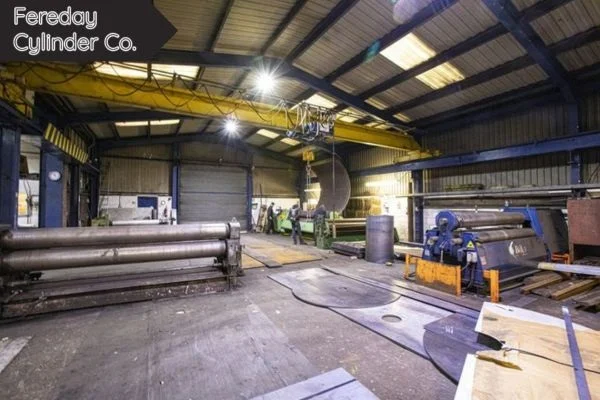Metal fabrication refers to the process of creating final products from raw materials. The metal fabricators in Birmingham implement several steps to achieve this. Most industries depend on metal fabrication to function efficiently and develop products. Well, let’s have a look at the steps in metal fabrication.
Metal Fabrication Steps: Things You Should Know
Metal fabrication includes multiple steps, as listed below:
Step 1- Design and planning:
It’s an important step that sets the foundation for a successful project. During this phase, the fabricators outline the specifications, objectives, and requirements. Here, the designers and engineers coordinate with clients to assess their needs and come up with an effective plan.
Step 2- Material selection:
A project may have multiple requirements, and it’s important to take all these into account. When selecting metals, factors like strength, durability, and corrosion resistance must be considered.
Different materials have different properties that make them perfect for certain applications. A metal fabricator can make you aware of the pros and cons of each material.
Step 3- Cutting:
There are several ways to cut metals. Fabricators mostly use laser cutting, water jet cutting, or mechanical shearing to achieve desired cuts. Selecting the appropriate method for cutting the sheet metal and plate is crucial since there is less tolerance for error in any metalworking project.
Step 4- Forming:
This step encompasses folding, bending, stamping, or machining to get the perfect shape. At times, a piece of metal that has been cut is formed and bent into the final shape. A hole punch is used if the product requires holes. A lathe will trim down the sides of the metal until the right shape is achieved.
Step 5- Assembling:
Thereafter, the fabricators assemble the metal parts into the right configuration to create the final product. The separate parts are held in place by clamps until they are fused together. Then, the parts are blended together with bonding, riveting, or screwing.
Step 6- Finishing:
Protective coatings like colour, glazes, or rust resistant paint are applied through powder coating. The parts can also be polished or shined based on the final product. After this process, finishing touches are applied by the metal fabricators.
Step 7- Installing:
Metal fabricated pierces often require the skill and expertise of experienced fabricators. It’s essential to work with a reputable fabrication company to get the job done rightly.
There are many factors to consider, and several techniques are used when creating metal products.
At Fereday Cylinder Company, we perform tasks relating to metal bending and forming. Our metal fabricators in Birmingham possess years of experience and deliver quality services. Get in touch.
